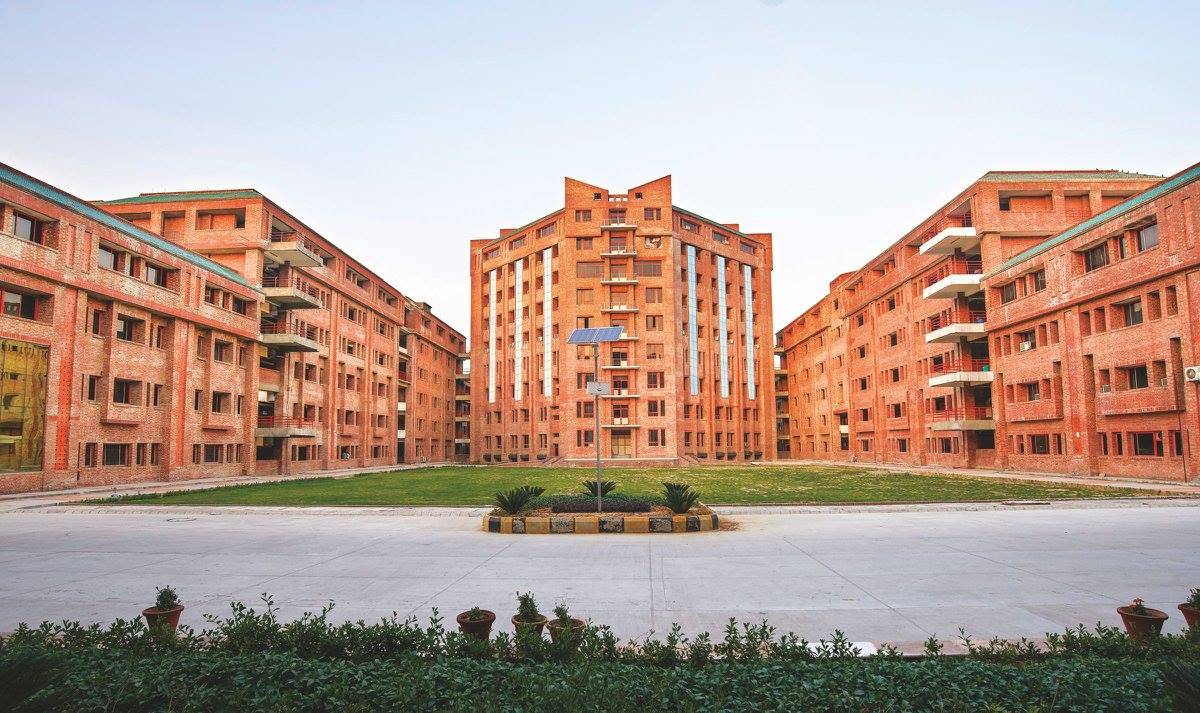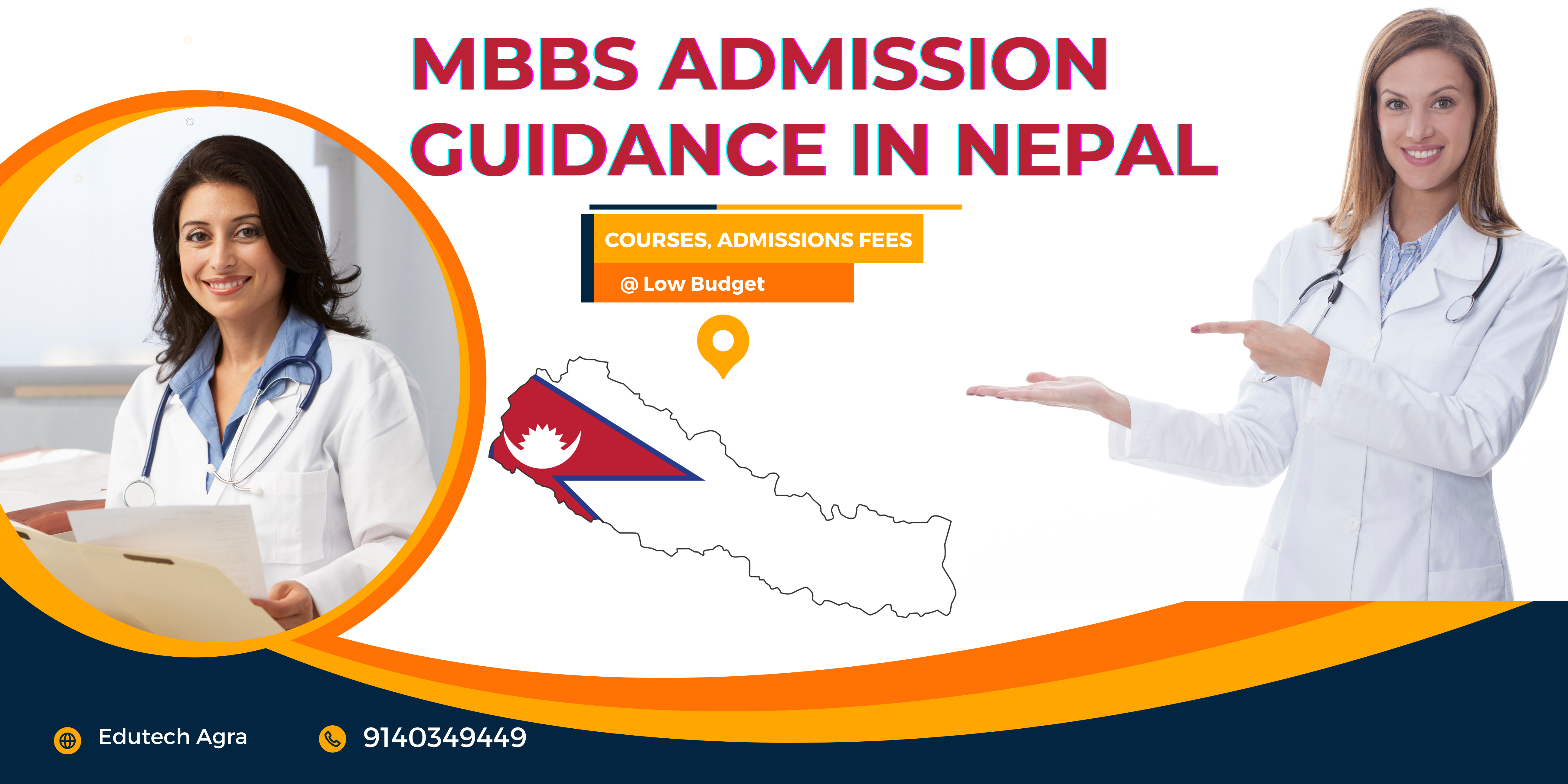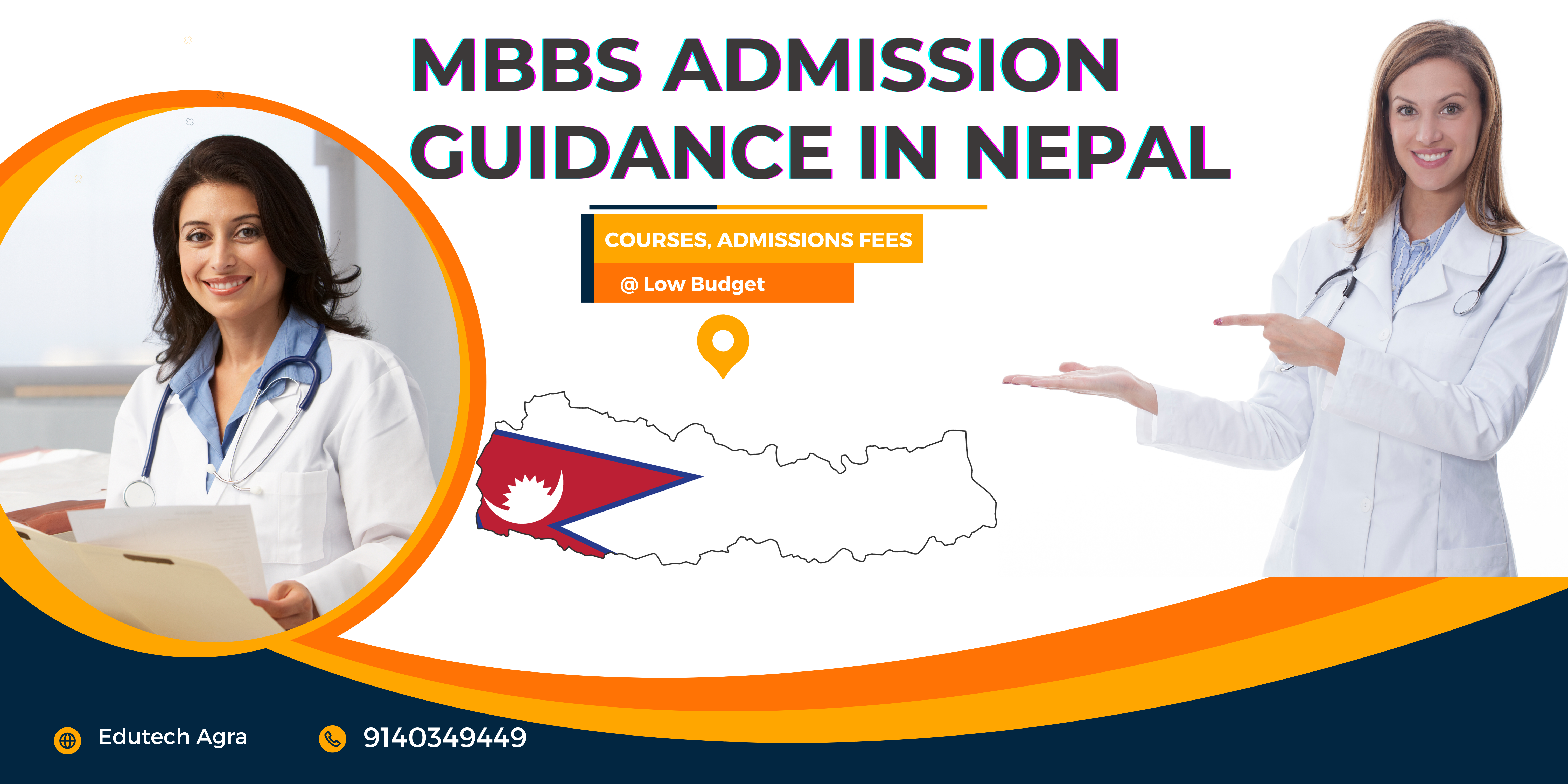Nepal, with its growing reputation for quality medical education and affordable fee structures, has become a popular destination for MBBS aspirants. The MBBS program in Nepal is recognized globally, making it an attractive option for both national and international students. This comprehensive guide provides detailed insights into the MBBS admission process in Nepal for the academic year, covering the procedure, eligibility criteria, fee structure, and frequently asked questions.
Why Choose Nepal for MBBS?
Nepal offers several advantages for students pursuing MBBS:
- Quality Education: Medical colleges in Nepal are known for their high standards of education, experienced faculty, and well-equipped laboratories.
- Affordable Fees: Compared to many countries, the cost of studying MBBS in Nepal is relatively lower, making it accessible to a broader range of students.
- Recognized Degrees: MBBS degrees from Nepalese universities are recognized by global medical councils, including the Medical Council of India (MCI) and the World Health Organization (WHO).
- Cultural Similarities: For students from neighbouring countries, the cultural and geographical proximity of Nepal makes it a convenient and comfortable choice.
Admission Procedure for MBBS in Nepal
The admission process for MBBS in Nepal involves several stages, from meeting eligibility criteria to appearing for entrance exams and participating in counselling sessions. Here’s a detailed step-by-step guide:
- Eligibility Criteria
To be eligible for MBBS admission in Nepal, candidates must meet the following criteria:
- Educational Qualification: Candidates should have completed their 10+2 education with Physics, Chemistry, and Biology (PCB) as core subjects.
- Minimum Marks: A minimum aggregate score of 50% in PCB subjects is generally required. For reserved category candidates, the required percentage may be lower.
- Age Limit: Candidates should be at least 17 years old by December 31 of the admission year.
- Entrance Examinations
Admission to the MBBS program in Nepal is primarily through entrance examinations. The most common exams are:
- NEET-UG: For Indian students, qualifying for the National Eligibility cum Entrance Test (NEET-UG) is mandatory. Nepalese medical colleges accept NEET scores for admission.
- MECEE: The Medical Education Commission Entrance Examination (MECEE) is a common entrance test conducted for admission to medical colleges in Nepal.
- Application Process
Candidates must follow these steps to apply:
- Register for NEET-UG/MECEE: Candidates need to register and appear for the relevant entrance examination. Application forms are available on the official NEET and MECEE websites.
- Fill College Applications: Post-entrance exam results, candidates should apply to various medical colleges in Nepal by filling out their application forms.
- Submit Documents: Required documents include educational certificates, entrance exam scorecards, identification proof, and passport-sized photographs.
- Counselling and Seat Allocation
- Counselling Sessions: Qualified candidates are called for counselling sessions based on their entrance exam ranks. Counselling can be conducted at the national or institutional level.
- Seat Allocation: Seats are allocated based on rank, preference, and availability. Candidates must pay the admission fee to confirm their seat.
Top MBBS Colleges in Nepal
Nepal is home to several esteemed medical colleges offering MBBS programs. Some of the top colleges include:
-
Lumbini Medical College Nepal
-
Birat Medical College Nepal
-
Devdaha Medical College And Research Institute Nepal
-
National Medical College Nepal
-
Universal College Of Medical Sciences Nepal
-
Chitwan Medical College Nepal
-
KIST Medical College Nepal
-
Gandaki Medical College Nepal
-
Janaki Medical College Nepal
-
Nepal Medical College
-
Nobel Medical College Nepal
-
Kathmandu Medical College Nepal
-
Manipal College Of Medical Science Nepal
-
College of Medical Science Nepal
-
Nepalgunj Medical College
Fee Structure for MBBS in Nepal
The fee structure for the MBBS program in Nepal varies significantly across institutions. Here’s a general overview:
Private Colleges
- Tuition Fees: Can range from NPR 50,00,000 to NPR 75,00,000 for the entire course.
- Additional Fees: Includes hostel fees, laboratory fees, and other charges.
Scholarships and Financial Aid
- Government Scholarships: Various state and central government scholarships are available for meritorious and financially needy students.
- Institutional Scholarships: Some colleges offer scholarships based on entrance exam scores and academic performance.
Frequently Asked Questions (FAQs): MBBS Admission in Nepal
-
What is the duration of the MBBS course in Nepal?
The MBBS course in Nepal typically spans five and a half years, including a one-year mandatory internship.
-
Is NEET compulsory for MBBS admission in Nepal?
Yes, NEET-UG is mandatory for Indian students seeking MBBS admission in Nepal.
-
Can international students apply for MBBS in Nepal?
Yes, international students can apply for MBBS in Nepal. They must meet the eligibility criteria and appear for the relevant entrance exams.
-
What is the scope of MBBS after graduation in Nepal?
MBBS graduates from Nepal can practice medicine globally, pursue postgraduate studies, work in hospitals, or engage in research and teaching.
-
Are there any reservation policies for MBBS admissions in Nepal?
Yes, reservation policies are in place as per government norms for various categories, including reserved seats for international students.
-
Can I get a government job after completing my MBBS in Nepal?
Yes, MBBS graduates can apply for various government positions in healthcare departments, research institutes, and educational institutions.
-
What is the average salary of an MBBS graduate in Nepal?
The starting salary for an MBBS graduate in Nepal can range from NPR 50,000 to NPR 100,000 per month, depending on the job role and experience.
-
Are there any entrance exams other than NEET for MBBS in Nepal?
Yes, the Medical Education Commission Entrance Examination (MECEE) is another common entrance test for MBBS admissions in Nepal.
-
How competitive is the MBBS admission process in Nepal?
MBBS admission is competitive due to the growing interest in medical education and the limited number of seats available.
-
What documents are required during the MBBS counselling process?
Documents required include the entrance exam scorecard, 10+2 mark sheets, age proof, passport copy (for international students), and passport-sized photographs.

















